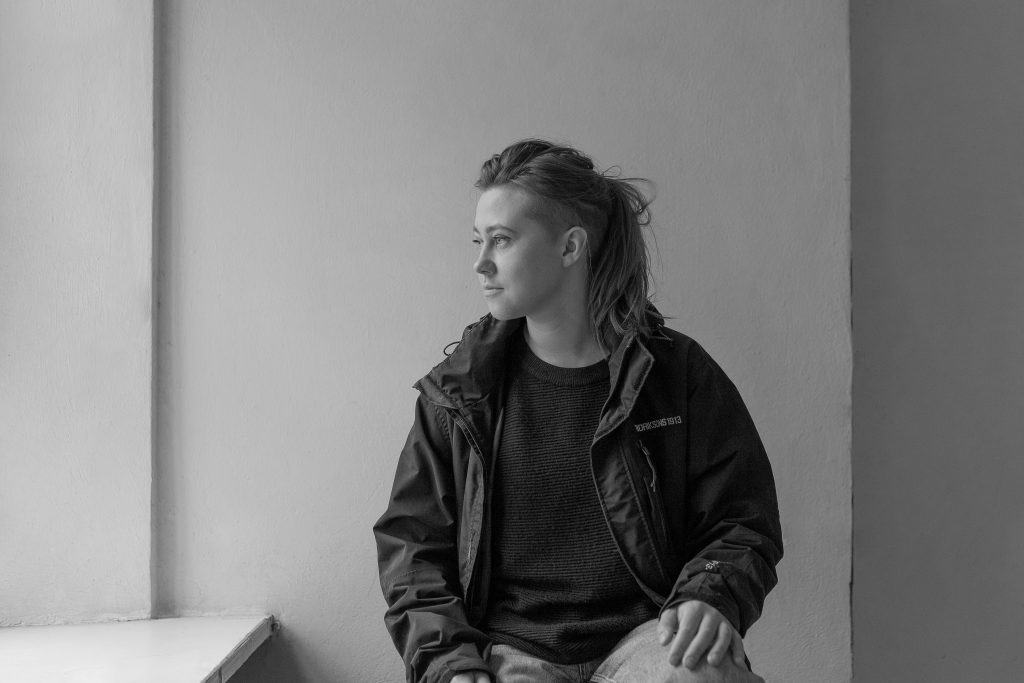Today we face a huge problem of synthetic material waste, because disposable or short - term products are made from durable materials. This also creates large economic losses due to raw and non - recyclable resources.
Using the special material processing method, a bio-foam material has been created that can be used for a new type of biodegradable packaging products.
Algae-based packaging prototypes aim to at least partially reduce environmental pollution with solid waste - the material is completely organic and compostable, because it is made of only natural ingredients. Even if this packaging has been discarded as waste, due to natural processes and micro-organisms it will again become a part of nature.
The extraction of the resources required for the production of the packaging does not compete with inhabited and cultivated land areas, which are very important for the cultivation of food resources. The primary binding material for bio-foam packaging is derived exclusively from renewable marine and oceanic resources and algal waste in coastal regions.
By using the product together with the biodegradable algae-based packaging, the consumer would not feel guilty about global environmental pollution, so this product improves the psychological health of consumers, thus creating additional emotional and psychological value and reducing the environmental impact of solid waste pollution.
Austėja Platūkytė is a creative researcher working in between the disciplines of material design and science, technology, and craft. She explores the fundamental ecological problems, emphasizing subjective emotional involvement, and questioning the values of an anthropocentric society.
